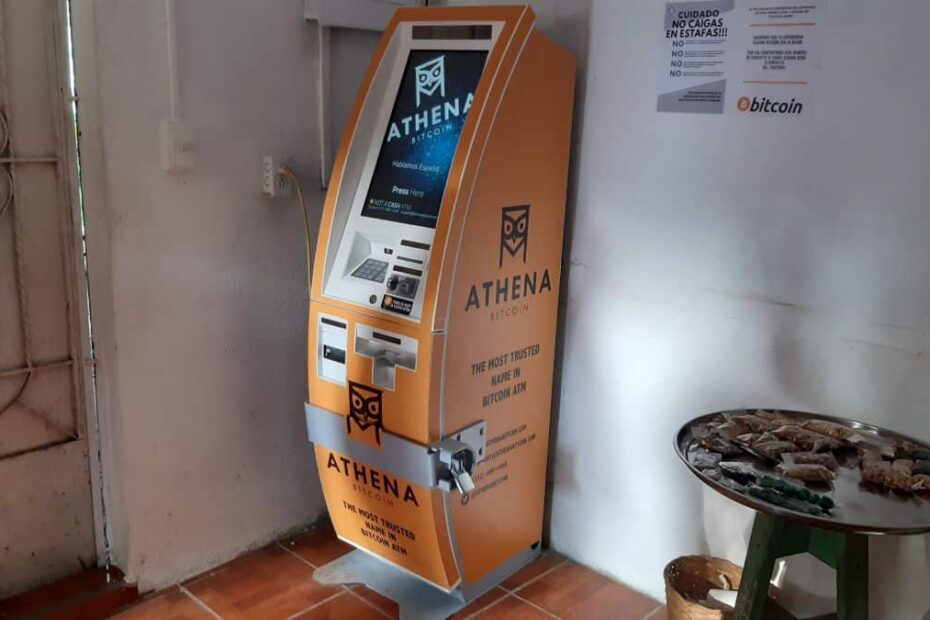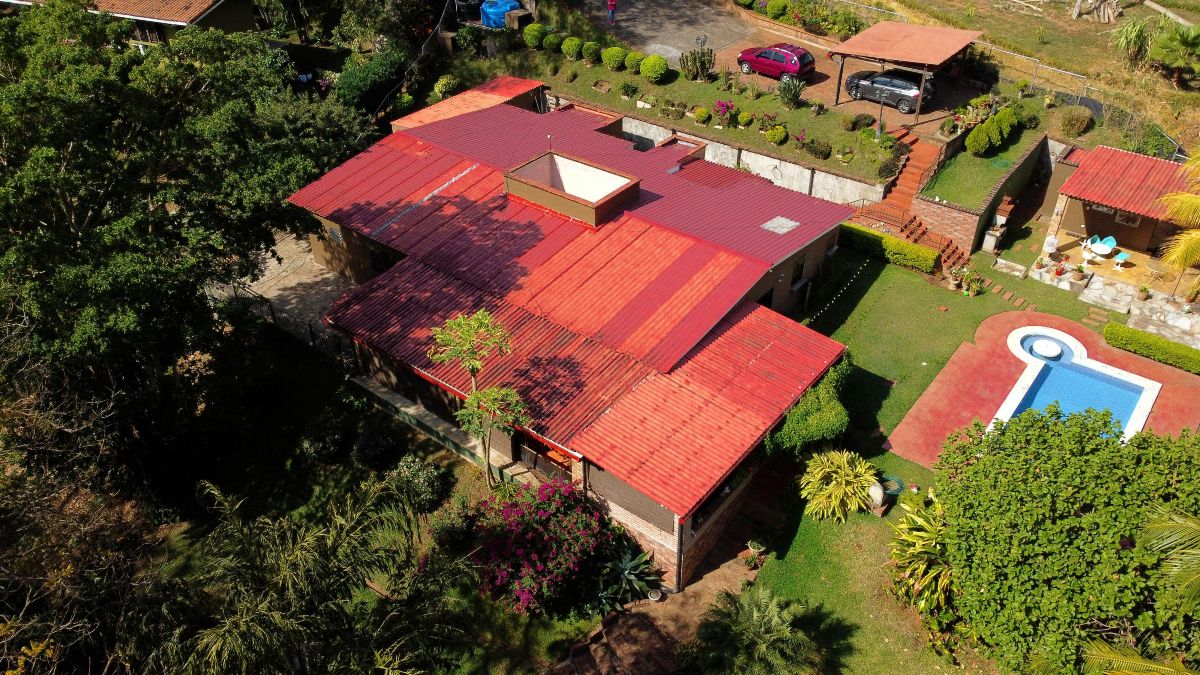Is Bitcoin legal in El Salvador? Recent changes and rollbacks to the original 2021 El Salvador Bitcoin law have created some confusion among travelers and crypto-enthusiasts.
Recent alterations to El Salvador’s Bitcoin law have sparked questions about the cryptocurrency’s status in the country. Following negotiations with the International Monetary Fund (IMF), El Salvador’s legislative assembly has approved significant modifications to its groundbreaking 2021 Bitcoin legislation. These changes, part of securing a loan agreement with the IMF, have created some confusion about Bitcoin’s current legal standing in the country. Here’s what you need to know about Bitcoin in El Salvador going forward.
Is Bitcoin Still Legal Tender in El Salvador?
Yes, Bitcoin remains legal tender in El Salvador, but with some changes to its status. The legislative assembly has modified the law to remove Bitcoin’s designation as “currency” while maintaining its position as legal tender. This change came as part of negotiations with the International Monetary Fund for a $1.4 billion loan package that required El Salvador to mitigate risks associated with its Bitcoin policies.
The distinction between currency and legal tender is important for understanding Bitcoin’s new role in El Salvador. The modification affects how Bitcoin can be used within the country’s financial system, particularly in government operations. The IMF had consistently warned about potential economic risks posed by Bitcoin’s high volatility and lack of regulation. These concerns specifically focused on how using Bitcoin as legal tender could affect fiscal stability and investor confidence in El Salvador’s economy.
Under the new framework, Bitcoin maintains a legal status that allows for its use in transactions, but with important limitations that weren’t present in the original 2021 law. The changes reflect a response to both economic realities and international financial requirements, while still preserving the basic infrastructure that allows for Bitcoin transactions within the country.
What Changed in El Salvador’s Bitcoin Law?
El Salvador has implemented several significant changes to the Bitcoin law. First, the removal of Bitcoin’s designation as “currency” alters its legal classification while maintaining its status as legal tender. Second, businesses and individuals are no longer required to accept Bitcoin as payment. Third, tax payments must be made exclusively in U.S. dollars (El Salvador’s official currency since it dollarized in 2001), and government obligations must be paid in the currency in which they were originally contracted.
The government has also announced plans to phase out or sell the Chivo wallet, the state-backed digital wallet system that was central to the original Bitcoin implementation. This shift in the government’s role in Bitcoin infrastructure represents a more hands-off approach in how cryptocurrency integration will function in El Salvador moving forward.
Can I Still Use Bitcoin in El Salvador?
Yes, it’s still possible to use Bitcoin in El Salvador. According to an El Diario El Salvador article this week, over 500 businesses accept Bitcoin across the country, mostly catering to tourists and foreigners in sectors including restaurants, hotels, transportation providers, supermarkets, and recreational facilities. The Bitcoin Beach community in the surf spot of El Zonte, which pioneered cryptocurrency adoption in the country, continues to demonstrate the practical application of Bitcoin in daily life. Local craft markets, restaurants, and shops around El Zonte still accept Bitcoin, building on years of experience with digital currency transactions.
While Bitcoin remains legal and usable in El Salvador, actual usage is limited, at least by the majority of Salvadorans themselves. Recent surveys show that approximately 92% of Salvadorans did not use Bitcoin in 2024, despite the government’s significant investment in infrastructure. By 2024, only 8.1% of the population reported using the government’s Chivo wallet.
Some businesses, including the Super Selectos supermarket chain, appear to be keeping up their Bitcoin payment systems for now. However, many businesses never implemented Bitcoin payments, even when it was mandatory, making that part of the original law somewhat cosmetic. The initial adoption push, which included a $30 (in Bitcoin) government bonus for downloading the Chivo wallet, never really led to sustained usage among the general population – most people immediately changed their $30 of Bitcoin into cash and left it at that.
Bottom line is that the new voluntary status simply formalizes what was already happening in practice – most transactions in El Salvador continue to be conducted in US dollars. But again, yes, those wishing to use Bitcoin in El Salvador certainly can do so in businesses that accept it.
How Is El Salvador Managing Its Bitcoin Holdings?
El Salvador continues to buy Bitcoin. This week, it bought 11 Bitcoin valued – according to the current Bitcoin price – at $1.1 million, bringing its total holdings to 6,069 Bitcoin at time of writing. While the country had previously maintained a steady pace of roughly one Bitcoin purchase per day over the past couple of years, this pattern slowed recently, leading to speculation that the government might be ending its Bitcoin buying program. However, the February purchases show the country remains committed to expanding its holdings for the time being, at least.
The country’s Bitcoin investment has seen significant gains recently. On January 23, 2025, when Bitcoin hit its all-time high of $109,000, El Salvador’s reserves reached a record value of $653.2 million. The government’s investment strategy has yielded approximately 140% returns, representing over $300 million in unrealized gains.
The National Bitcoin Office (ONBTC) continues to oversee these holdings while expanding its development initiatives. Their CUBO+ program has trained more than 200 Salvadorans in Bitcoin development since 2022, with graduates now working at both local and international Bitcoin companies. The office is now launching an artificial intelligence education program called CUBO+ IA, suggesting an expanding role in El Salvador’s technology sector despite the recent changes to the Bitcoin law.
Still stacking.
Still winning.
One more BTC added to our strategic reserve. pic.twitter.com/pcbYvPqYYK
— The Bitcoin Office (@bitcoinofficesv) February 5, 2025
What Does This Mean for Bitcoin’s Future in El Salvador?
It’s true that the recent modifications have upset more than a few member of the cryptocurrency community, who feel betrayed by recent events and say El Salvador has “sold out” in some way. But looking more closely, it seems the new changes represent a pragmatic evolution rather than an abandonment of the country’s cryptocurrency strategy. By adapting regulations to meet IMF requirements while maintaining active Bitcoin investment and infrastructure development, El Salvador has created a more sustainable framework for national cryptocurrency adoption. This allows the country to maintain its position as a leader in digital asset innovation while addressing the practical concerns of international financial partners.
The ongoing expansion of Bitcoin holdings, continued business acceptance, and development of educational programs all indicate that El Salvador remains committed to its cryptocurrency experiment, albeit with more measured regulatory oversight. This new phase might actually provide a more practical model for other nations considering cryptocurrency adoption, demonstrating how countries can balance traditional financial relationships with digital asset innovation.



